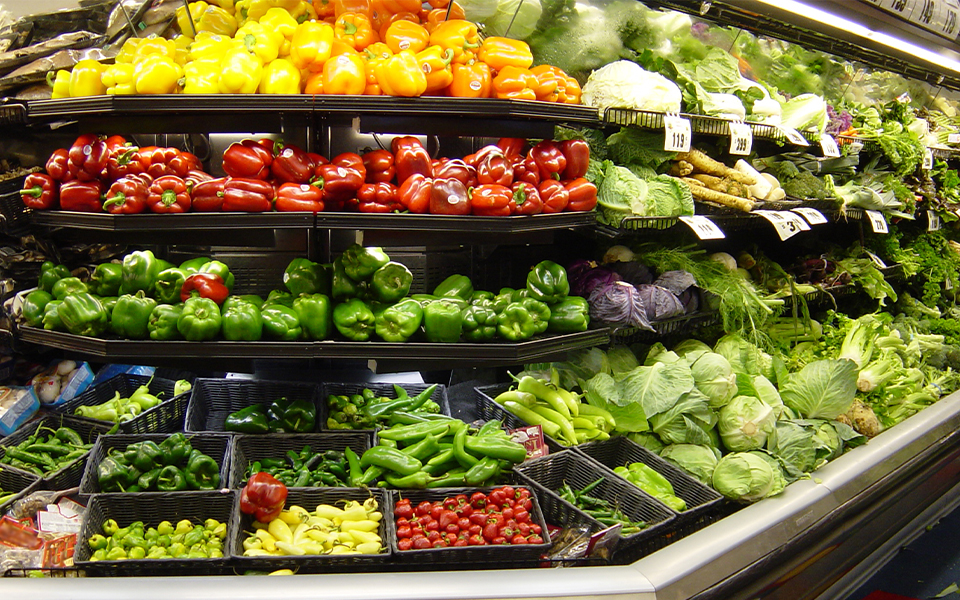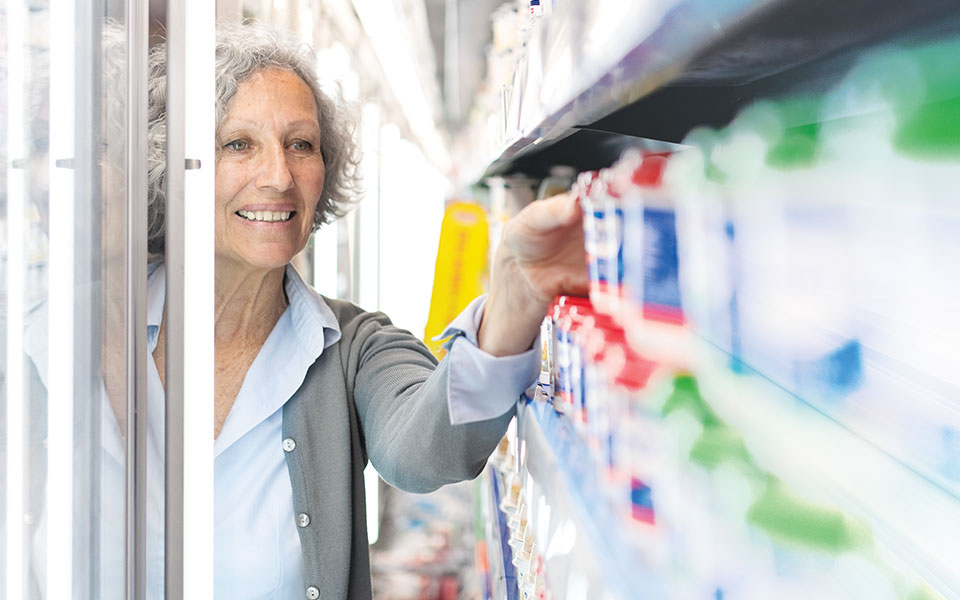*On June 1, 2023 Emerson’s Climate Technologies business became a new standalone company – Copeland. Though our name has changed, we are building on more than a century of HVACR innovation and industry leadership, and Copeland continues to offer the same products, industry stewardship, and learning opportunities you’ve grown to trust. Information found on this webpage posted before June 1, 2023 may contain our old name or branding, but you can be at ease knowing it was created with the knowledge and expertise of Copeland.
Worldwide connectivity helps keep the global food chain intact. According to The Economist, four-fifths of the planet’s 8 billion mouths are fed in part by imports. Fleets in the air, on the sea and on the road connect tens of millions of farms to hundreds of millions of shops and kitchens.

Emerson’s Transportation Solutions business has a proven reputation for tracking this freight, regardless of where it is within its journey. The world’s leading shipping companies, truck lines and refrigerated container manufacturers count on these refrigeration products and monitoring solutions. Building upon the smart communications it provides, Emerson’s Transportation Solutions business now supports Digital Container Shipping Association’s (“DCSA”) new internet of things (“IoT”) connectivity standards for shipping containers. DCSA is a nonprofit group founded by major ocean carriers to digitize and standardize the container shipping industry.
These recommendations focus on ensuring interoperability within the industry on the standardized methods for communications of IoT devices on container to IoT gateways at sea and on land. These universally adaptable standards align internal radio communication protocols for IoT gateways, addressing the network connectivity requirements for reefer containers, dry containers, and the RFID registration of these containers.
With these recommendations in place, carriers and supply chain participants will be one step closer to providing customers with an uninterrupted flow of relevant information regarding the whereabouts of containers and the status of their contents at any point along their journey.
For more information, visit https://dcsa.org/.

Facility Health Score Insights Program Transforms Enterprise Maintenance
Leveraging refrigeration performance data drives food retail cost reductions. Maintaining proper...

Electrical component considerations for A2L system safety
Electrical component considerations for A2L system safety As a new refrigerant category in the...

A2L refrigerant regulation updates: what you need to know today
Preparing for the approval and safe use of A2Ls in commercial refrigeration applications The move...
